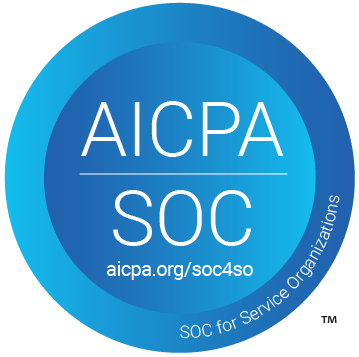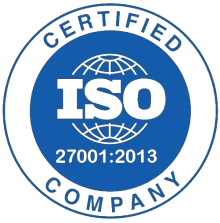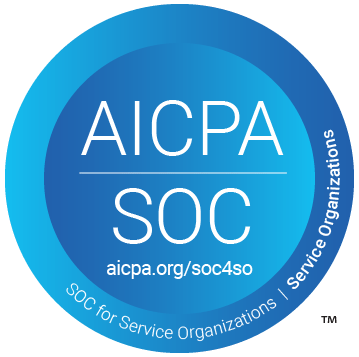Learn how to automate sending WhatsApp messages to Facebook leads for your retail and e-commerce business using Pabbly Connect. Follow this step-by-step tutorial. Build sophisticated automated workflows in less time than you think. This guide translates complex integrations into straightforward steps for immediate implementation.
Watch Step By Step Video Tutorial Below
1. Access Pabbly Connect for WhatsApp and Facebook Integration
To send WhatsApp messages to Facebook leads, you first need to access Pabbly Connect. Start by navigating to the Pabbly Connect homepage at Pabbly.com/connect. Here, you can sign in if you are an existing user or sign up for free if you are new. After creating your account, you will receive 100 free tasks each month, allowing you to explore the platform’s capabilities.
Upon logging in, you will find the dashboard where you can manage your workflows. Click on the ‘Create Workflow’ option to get started. You will need to name your workflow, for example, ‘Send Automated WhatsApp Message to Facebook Leads for E-commerce and Retail Business’. Select the appropriate folder to save your workflow, such as ‘Facebook Lead Ads Automation’.
2. Setting Up Triggers in Pabbly Connect
In this step, you will set up the trigger for your workflow using Pabbly Connect. Select ‘Facebook Lead Ads’ as your trigger application. The trigger event should be set to ‘New Lead Instant’. This configuration ensures that your workflow activates as soon as a new lead is generated from your Facebook lead ads.
- Select ‘Add New Connection’ to build a connection with your Facebook lead ads account.
- Authorize the connection by clicking on ‘Connect with Facebook Lead Ads’.
- Choose the Facebook page and lead gen form to capture the leads.
Once you have set up the connection, click on ‘Save and Send Test Request’ to proceed. This action will prompt you to test the integration by submitting a test lead via the Facebook lead form. Ensure that you have logged into your Facebook account before making the connection for smooth authorization.
3. Connecting WhatsApp Cloud API for Automated Messaging
After successfully capturing leads from Facebook, the next step involves connecting to the Pabbly Connect WhatsApp Cloud API. In the action step, select ‘WhatsApp Cloud API’ as your action application and choose the action event ‘Send Template Message’. This allows you to send automated messages to your leads.
To create a new connection with the WhatsApp Cloud API, you will need to enter several details such as the token, phone number ID, and WhatsApp business account ID. These details can be found in the Meta for Developers platform, specifically under the API setup section of your WhatsApp Cloud API account.
- Copy the temporary access token from the Meta for Developers dashboard.
- Paste the phone number ID and WhatsApp business account ID into the respective fields in Pabbly Connect.
- Click on ‘Save’ to establish the connection.
Once connected, you will be prompted to select the message template you wish to use. Ensure that your template is approved on WhatsApp to proceed with sending messages. You can create a personalized template that includes variables for customization.
4. Mapping Data and Testing the Integration
In this section, you will map the data fields from the Facebook lead to the WhatsApp message using Pabbly Connect. Select the template name you created earlier and enter the recipient’s mobile number. You can map this number directly from the previous response captured from your Facebook lead form.
Mapping ensures that the correct details are sent to each lead, allowing for personalized communication. For instance, if you have a variable for the lead’s name in your template, map that variable to the corresponding field from the Facebook lead response.
Click on ‘Save and Send Test Request’ to send a test message. Check your WhatsApp to confirm if the message has been received successfully. Ensure the status indicates that the message was accepted.
By following these steps, you can confirm that your integration is working correctly. Whenever a new lead is generated via Facebook, the corresponding WhatsApp message will be sent automatically.
5. Conclusion: Automating WhatsApp Messages with Pabbly Connect
Using Pabbly Connect, you can effectively automate the process of sending WhatsApp messages to your Facebook leads. This integration not only saves time but also enhances your communication with potential customers in your retail and e-commerce business.
Ensure you check out Pabbly Connect to create business automation workflows and reduce manual tasks. Pabbly Connect currently offer integration with 2,000+ applications.
- Check out Pabbly Connect – Automate your business workflows effortlessly!
- Sign Up Free – Start your journey with ease!
- 10,000+ Video Tutorials – Learn step by step!
- Join Pabbly Facebook Group – Connect with 21,000+ like minded people!
By following the steps outlined in this tutorial, you can set up a seamless workflow that triggers messages upon lead generation. This automation is crucial for improving customer engagement and streamlining your marketing efforts. Start using Pabbly Connect today to enhance your business operations.






